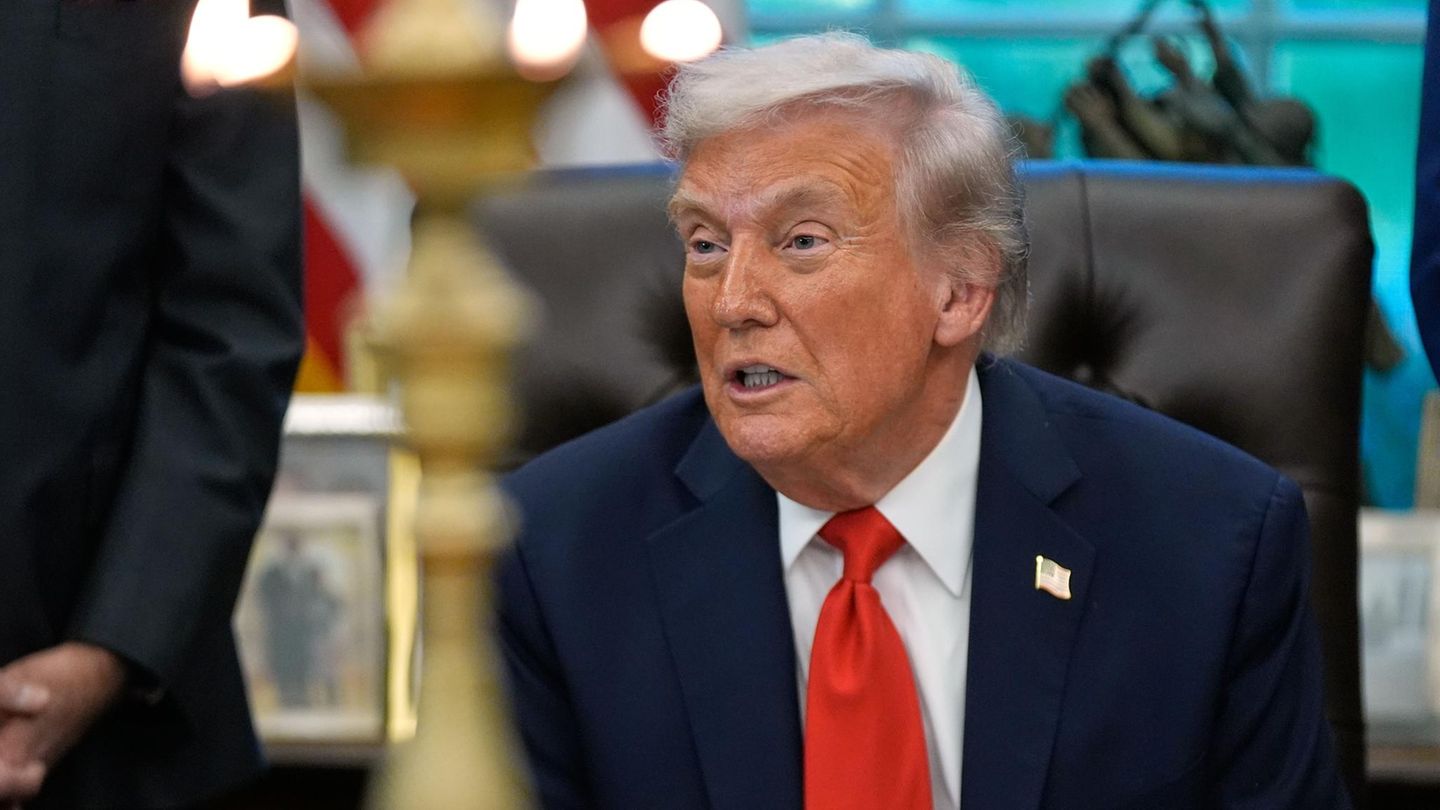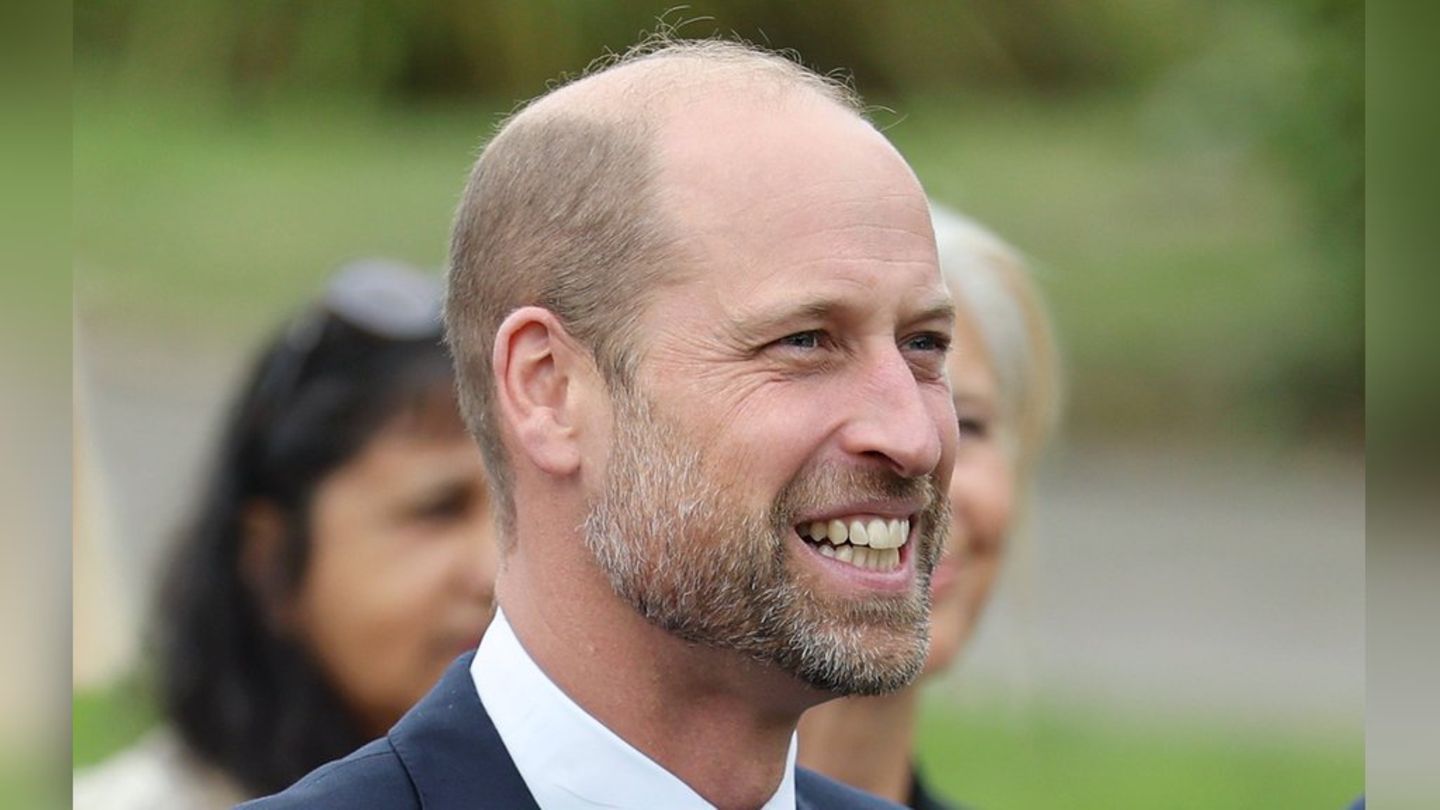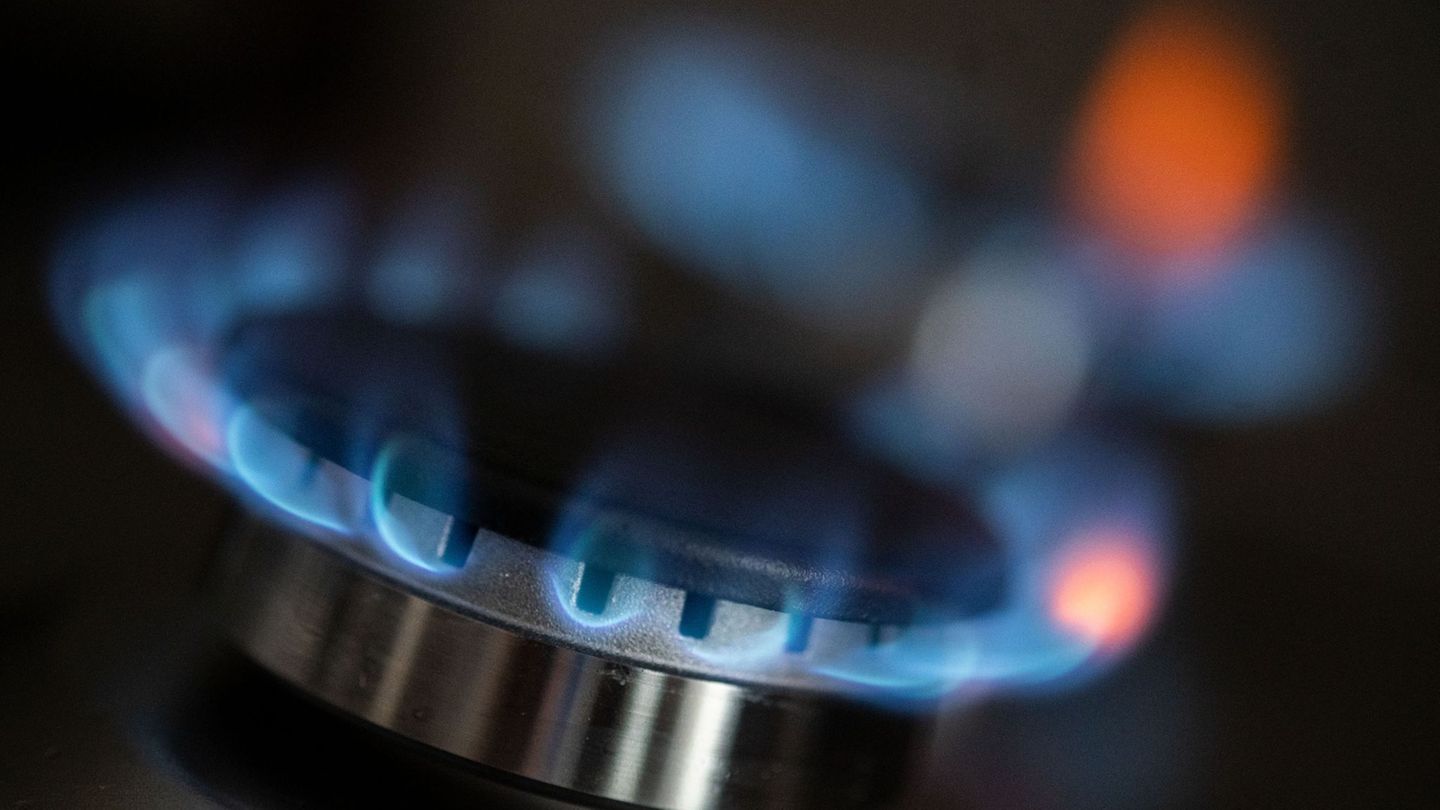Menu
Energy: EU Commission wants to completely ban Russian gas imports
Categories
Most Read
ChatGPT: OpenAi introduces new browser with AI bot
October 22, 2025
No Comments
Housing: Rent increases on real estate portals are slowing down
October 22, 2025
No Comments
Beer brand: World’s largest brewer sells “Bud” again in Germany
October 22, 2025
No Comments
Survey: Many people buy Advent calendars for themselves
October 22, 2025
No Comments
After 55 years: the last Ford car in Saarland will soon roll off the assembly line
October 22, 2025
No Comments
Latest Posts

Donald Trump is demanding $230 million from his own Justice Department
October 22, 2025
No Comments
Media reports Trump is demanding $230 million from his own Justice Department Listen to article Copy the current link Add to watchlist Donald Trump has

Lager beer “Bud” is available again in Germany after more than ten years
October 22, 2025
No Comments
Lager beer “Bud” can be bought again in Germany after more than ten years Listen to article Copy the current link Add to watchlist A

Prince William: The stars for the Earthshot Prize ceremony
October 22, 2025
No Comments
Lisa HarrisI am an author and journalist who has worked in the entertainment industry for over a decade. I currently work as a news editor
24 Hours Worlds is a comprehensive source of instant world current affairs, offering up-to-the-minute coverage of breaking news and events from around the globe. With a team of experienced journalists and experts on hand 24/7.

